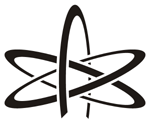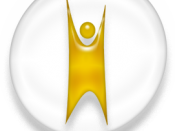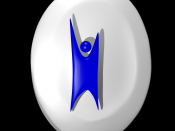The word "humanism" has a number of meanings, and because there are so many
different meanings it can be quite confusing if you don't know what kind of humanism
someone is talking about.
Literary Humanism is a devotion to the humanities or literary culture.
Renaissance Humanism is the spirit of learning that developed at the end of the middle
ages with the revival of classical letters and a renewed confidence in the ability of human
beings to determine for themselves truth and falsehood.
Cultural Humanism is the rational and empirical tradition that originated largely in
ancient Greece and Rome, evolved through out European history, and now constitutes a
basic part of the Western approach to science, political theory, ethics, and law.
Philosophical Humanism is any outlook or way of life centered on human need and
interest. Sub categories of this type include the two following.
Christian Humanism is defined by Webster's Third New International Dictionary
as "a philosophy advocating the self fulfillment of man within the framework of
Christian principles."
This more human oriented faith is largely a product of the
Renaissance and is a part of what made up Renaissance humanism.
Modern Humanism, also called Naturalistic Humanism, Scien- tific Humanism,
Ethical Humanism and Democratic Humanism is defined by one of its leading
proponents, Corollas Lamont, as "a naturalistic philosophy that rejects all
supernaturalism and relies primarily upon reason and science, democracy and
human compassion." Modern Humanism has a dual origin, both secular and
religious, and these constitute its sub categories.
Secular Humanism is an outgrowth of 18th century enlightenment
rationalism and 19th century freethought. Many secular groups, such as
the Council for Democratic and Secular Humanism and the American
Rationalist Federation, and many otherwise unaffiliated academic
philosophers and scientists advocate this philosophy.
Religious Humanism emerged out of Ethical Culture,



Informative essay
The content is very informative throughout. Yet sometimes, you get lost in the information, or overwhelmed. There could be a little more commentary with the hard rigid facts
3 out of 4 people found this comment useful.